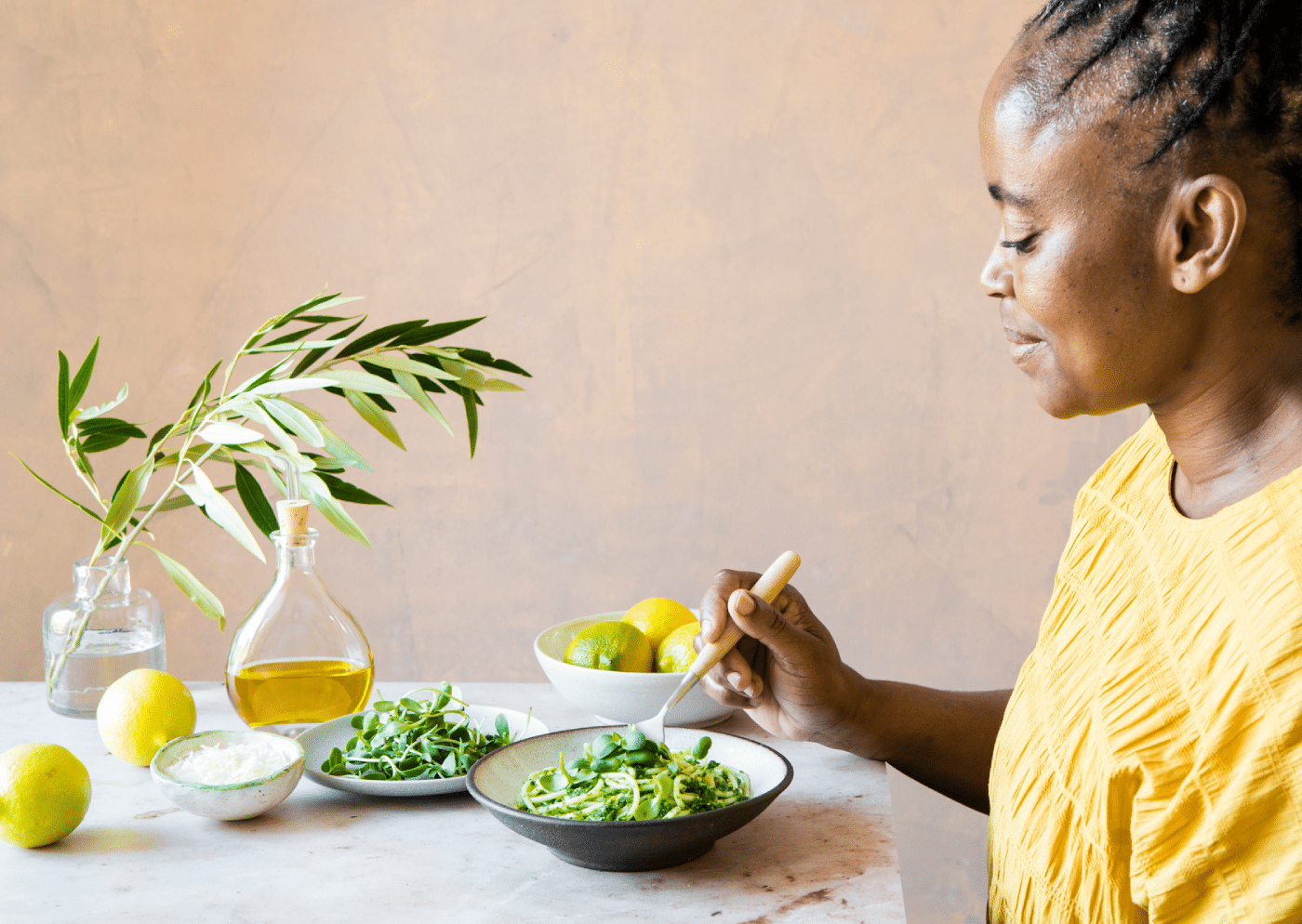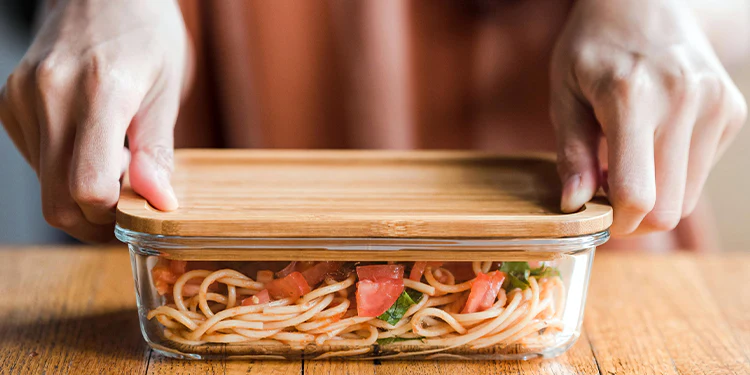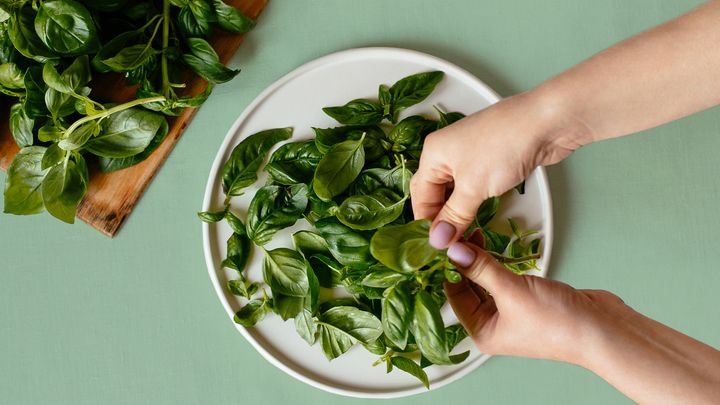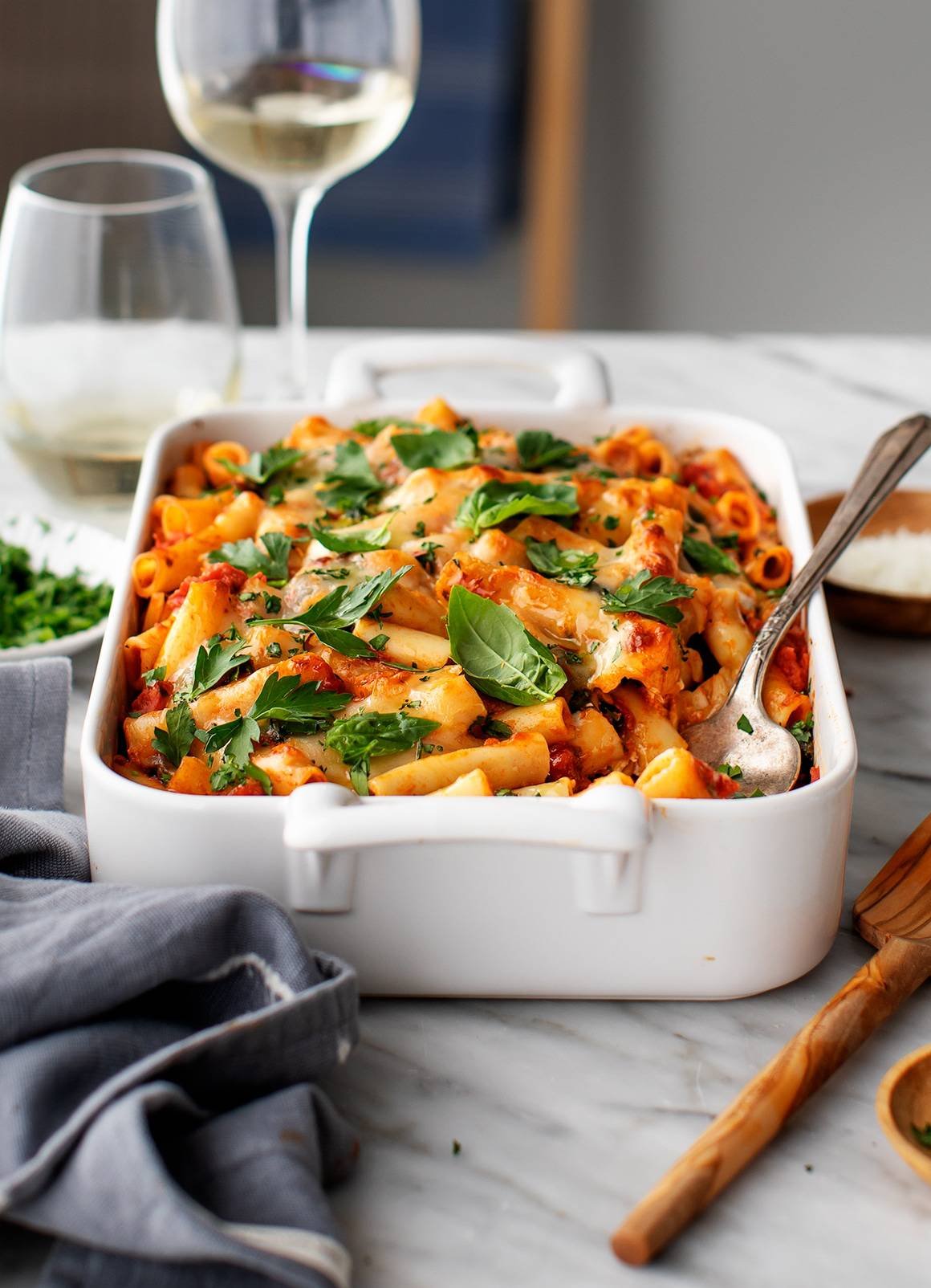Start with Simple Recipes
Cooking Tips for Beginners. As a beginner, it’s best to start with simple, easy-to-follow recipes. Dishes like pasta, stir-fries, and salads are great starting points. These recipes require fewer ingredients and basic cooking techniques, making them perfect for building your cooking skills. Moreover, mastering these dishes gives you the confidence to tackle more complex meals as you gain experience.
Additionally, focus on recipes that don’t require specialized equipment. For example, you can make a delicious stir-fry using just a pan and a spatula, without needing a lot of extra gadgets. Therefore, simple recipes are an ideal way to learn how to use basic kitchen tools and get comfortable with the cooking process.

Read the Recipe Thoroughly
Before you start cooking, always read the recipe from start to finish. This ensures that you understand the steps and the ingredients needed. Furthermore, it helps prevent confusion and mistakes while cooking. In addition, gathering all the ingredients and tools before starting is a great way to stay organized.
To add on, make sure to measure out your ingredients in advance. This prevents scrambling for ingredients midway through the recipe and helps you stay on track.
Invest in Basic Kitchen Tools
Having the right tools can make cooking much easier. Start by investing in a few essential items such as a sharp knife, cutting board, pots, pans, and mixing bowls. Moreover, a good set of measuring spoons and cups is essential for accuracy when following recipes.
Additionally, consider purchasing a few kitchen gadgets that can save you time, such as a vegetable peeler, a can opener, or a garlic press. These small investments can significantly improve your efficiency in the kitchen.
Learn Knife Skills
One of the most important cooking skills to master is proper knife handling. Start by learning how to safely use a chef’s knife to chop, slice, and dice ingredients. Proper technique helps prevent accidents and ensures that your ingredients are cut evenly, which can affect the cooking time and taste.
Furthermore, practice basic knife cuts like julienne, dice, and chiffonade. These skills will make your cooking more precise and efficient. To add on, always keep your knives sharp, as a dull knife can be dangerous and harder to use.
Understand Cooking Techniques
While recipes may call for various cooking techniques, it’s important to understand the basics. Techniques such as sautéing, simmering, boiling, roasting, and grilling are essential for beginners. For instance, sautéing involves cooking food quickly in a hot pan with a small amount of oil, while simmering means cooking food at a low temperature in a liquid.
In addition, roasting is a great way to cook vegetables or meats in the oven, while grilling is perfect for meats and vegetables outdoors. Learning how to use each of these techniques will give you more control over your dishes, helping you achieve better results.
Don’t Be Afraid to Make Mistakes
When you’re learning how to cook, mistakes are part of the process. Don’t be discouraged if your first few dishes aren’t perfect. Every cook, no matter how experienced, has had mishaps in the kitchen. Furthermore, cooking is an ongoing learning experience, and the more you practice, the better you will become.
Additionally, embrace trial and error. Sometimes the most memorable meals are created by adjusting a recipe or experimenting with different flavors. Therefore, don’t be afraid to make mistakes and learn from them.
Stay Organized and Clean
Keeping your kitchen clean and organized while cooking is essential. Clean as you go to avoid a huge mess at the end of your meal prep. For example, wash your cutting board and knife after chopping vegetables, or wipe down surfaces as you move from one step to the next. This not only keeps your workspace tidy but also ensures food safety by preventing cross-contamination.
Moreover, staying organized helps you stay focused and reduces stress in the kitchen. Prepare your ingredients ahead of time, so you can focus on the cooking process without interruptions.
Taste and Adjust Seasoning
Seasoning is key to making your dishes flavorful. As a beginner, it’s important to taste your food as you cook. Salt, pepper, herbs, and spices can transform a dish from bland to delicious. Therefore, don’t be afraid to adjust the seasoning during the cooking process.
Additionally, experiment with different spices and herbs to find what you like best. For example, garlic, basil, and oregano are common seasonings for Italian dishes, while cumin, paprika, and coriander are often used in Mexican cuisine. To add on, using fresh herbs can enhance the flavor and aroma of your dishes.
Learn to Multi-Task
In the kitchen, multitasking is crucial for efficiency. While one dish is simmering on the stove, you can chop vegetables or prepare a salad. Moreover, while your oven is preheating, you can set the table or clean up your workspace. Learning how to juggle multiple tasks at once will speed up the cooking process and help you feel more confident in the kitchen.
To add on, make use of timers to ensure that food doesn’t overcook or burn while you’re focused on other tasks. This simple tool can help you manage your time better and keep your cooking on track.
Conclusion
Cooking as a beginner can be a rewarding experience when you have the right tools, techniques, and mindset. By starting with simple recipes, reading through them thoroughly, and learning basic skills, you can gradually build your confidence in the kitchen. Furthermore, remember that mistakes are part of the learning process, so embrace them and enjoy the journey. With practice and patience, you’ll be able to create delicious meals that will impress both you and your family.




